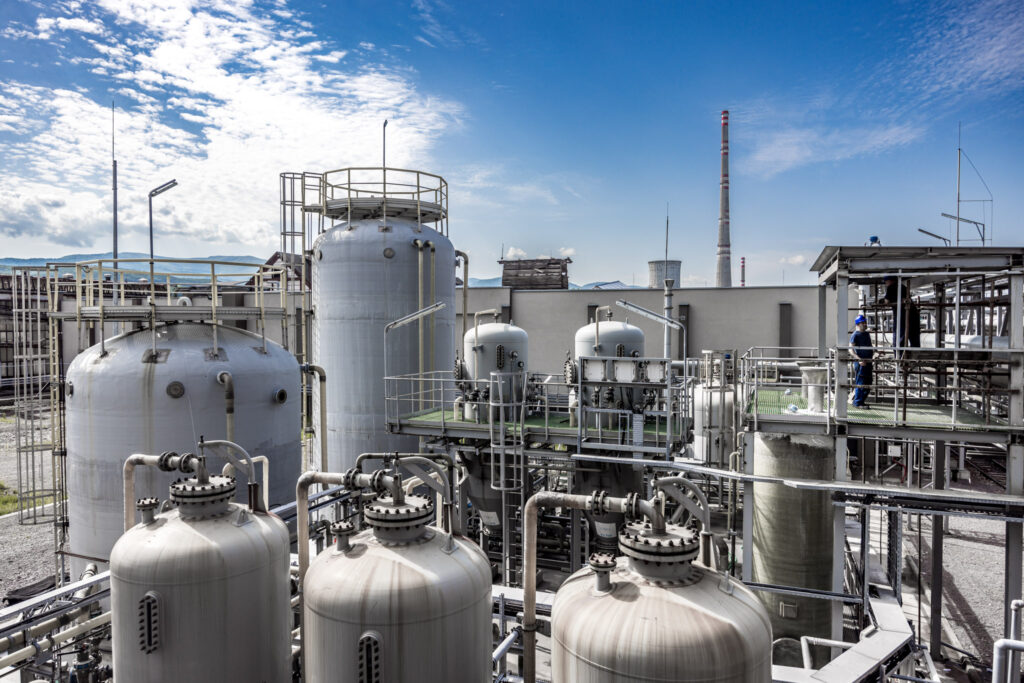ekonomika.sme.sk; 17/04/2018
Author.
Classification.
Link:
https://ekonomika.sme.sk/c/20805829/chemicka-v-novakoch-spustila-nove-zariadenie.html
The new membrane electrolysis plant was ready for trial operation eight months after the start of construction.
NEWS. The chemical company in Nováky has started the trial operation of a new device that replaced the mercury electrolysis used so far. Since April, it has been producing hydrogen, chlorine and sodium hydroxide through a new membrane electrolysis process.
TASR was informed on Tuesday by Anna Vojteková, Communications Manager of FORTISCHEM.
“Although the membrane electrolysis project has been in the works since 2012, its implementation had to happen in record time due to an unexpected change in European Union (EU) legislative rules. The EU Mercury Regulation of the European Parliament and the Council banned the use of mercury in the production of chlorine and hydroxides by brine electrolysis,” Vojteková said.
New membrane electrolysis
As a result, she said, the plant was forced to stop production using mercury electrolysis by 12. December 2017, and at the same time build and start up the new facility in a much shorter time than originally planned.
The new membrane electrolysis plant was ready for trial operation eight months after the start of construction.
“The plant will produce 75,000 tonnes of 100 per cent sodium hydroxide per annum when fully operational. However, at a comparable annual volume, it requires several times less staffing when fully digitized and automated. In addition, the new membrane electrolysis is more energy-efficient and also optimises the entire maintenance process,” Vojteková further explained.
By investing more than 30 million in the new facility and putting it into full operation, the company says it has placed Slovakia and its chemical industry in the chlor-alkali sector among the leading EU countries, ensuring sustainable development in symbiosis with environmental legislation and the requirements of modern times.
Modernisation of production
“At the same time, it has taken the necessary step of modernising its production and retained its own source of one of the key raw materials for fulfilling its core-business vision in polymers and its wide range of product applications,” she concluded.
The equipment was supplied to the new chemical plant by the Japanese company ThyssenKrupp Uhde Chlorine Engineers Ltd. Suppliers and experts from Japan, Germany, Italy, Canada, France and Slovakia were involved in the supply of components and materials.
The entire engineering and completion of the technical units was provided by the company itself in cooperation with Chemstroj, s.r.o.
